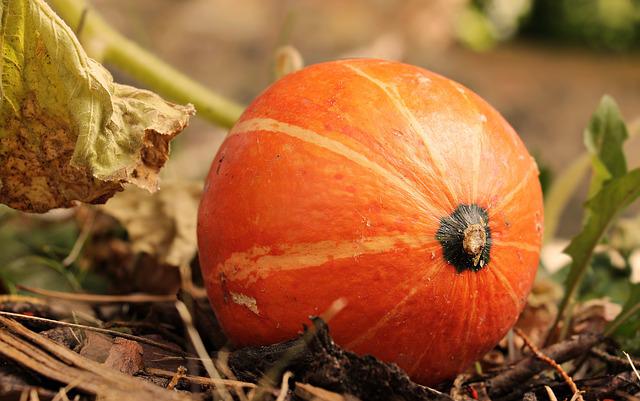Is Pumpkin a Natural Dewormer? The Truth Behind The Claims

Pumpkins are a natural laxative, and their seeds can be natural dewormers. Pumpkin seeds contain cucurbitacin, a chemical also found in other squashes and cucumbers. Internal worms are effectively treated with pumpkin seed extract. However, pumpkins contain only a very small amount of cucurbitacin. For pumpkin seeds to effectively deworm, the cucurbitacin must be extracted from the seeds and administered in a concentrated form.
Animal parasites have been treated with plant or plant product products in many countries, but results have been reported in observations rather than controlled trials. Let’s find out more about the claims. Dig in!
Table of Contents
How Pumpkin Functions as Dewormers
Since the first colonists came to the New World and learned how useful this Native American crop was, organic pumpkin seeds have been used to treat parasites and other illnesses. Native American tribes used the pumpkin’s flesh and seeds to heal wounds, treat kidney diseases and urinary problems, and eliminate parasites in humans. Herbalists have recently found that the seeds of the pumpkin can also be used to get rid of tapeworms and other parasites in the intestines of both dogs and humans.
Pumpkin seeds have an amino acid called cucurbitin that stops worms from moving and kills them in the digestive tract. Pumpkin seeds are also full of protein, amino acids, fiber, phosphorus, iron, copper, magnesium, calcium, folic acid, zinc, niacin, and potassium. These are important for your pet’s overall health.
Debunking the Claims
Worms and parasites can’t be gotten rid of by eating pumpkin seeds. In an email to USA TODAY, Dr. Amita Gupta, an infectious disease specialist at Johns Hopkins Medicine, said that pumpkin seeds have cucurbitacin.
Science Direct says that these chemicals give pumpkin seeds their bitter taste and protect plants from being eaten by animals.
Gupta said no human clinical test has shown that pumpkin seeds are a good way to treat parasites or worms.
According to Gupta, pumpkin seeds were listed in the U.S. Pharmacopeia as an official way to get rid of parasites from 1863 to 1936 because Native Americans used them to treat urinary problems and intestinal problems as part of their traditional folk medicine.
Gupta said, “This wasn’t based on scientific evidence, like tests on people or animals.”
Experimental Results
Dr. Dahlia Jackson-O’Brien conducted a study, “Efficacy of Natural Dewormers in the Control of Gastrointestinal Nematodes of Small Ruminants.” The main goal of the proposed research was to find out if “pumpkin seeds, garlic, ginger, and papaya seeds” were effective at getting rid of parasites in small ruminants without using chemicals, so those producers could use this information. Crossbred goats and hair sheep lambs naturally infected with parasites were given diets with pumpkin seeds and/or garlic. The levels of parasitism (counts of eggs in the feces and packed cell volume) and growth were tracked. It was found out how both natural wormers affected the quality of meat.
According to the findings of these studies, pumpkin seeds appear to have the most potential as a natural or plant-based wormer, particularly when used as a drench. Even though significant reductions were not seen, “the pumpkin seed groups had the lowest fecal egg counts and required fewer dewormings” in most cases. This was a numerical finding.
Final Thoughts
Since scientists are still looking into this, it wouldn’t be smart to only use pumpkin seeds as a natural dewormer. The pumpkin should be thought of as an addition to their diet that might help keep parasites away or kill them.
If you think your animal already has a bad case of worms, your vet will tell you how to get rid of them. Not all dewormers kill every kind of parasite, so if you aren’t sure, take a sample of its poop to your vet, and they will help you figure it out.

